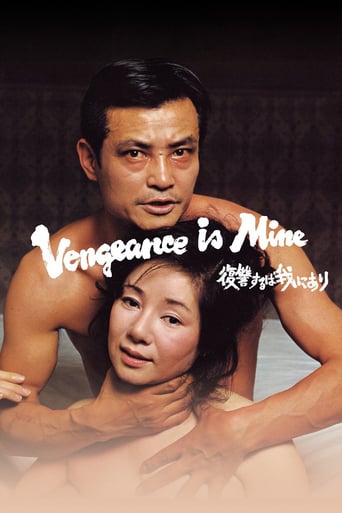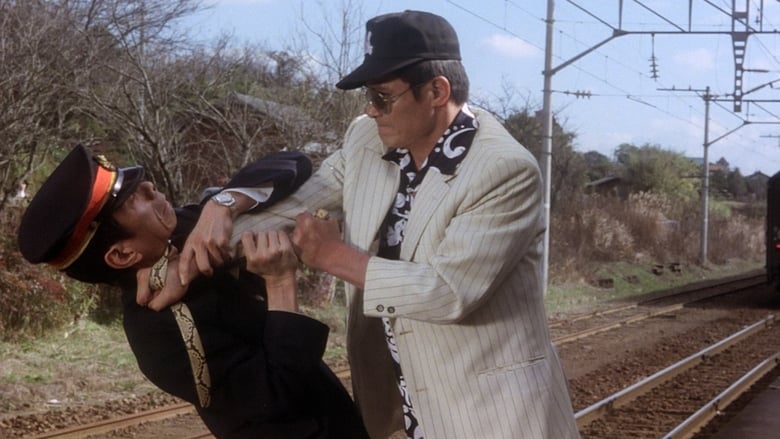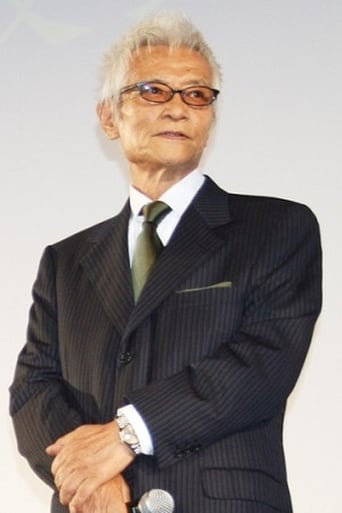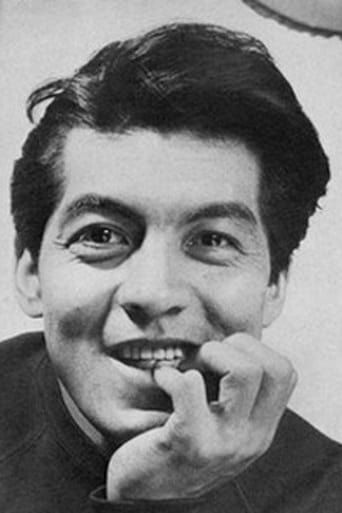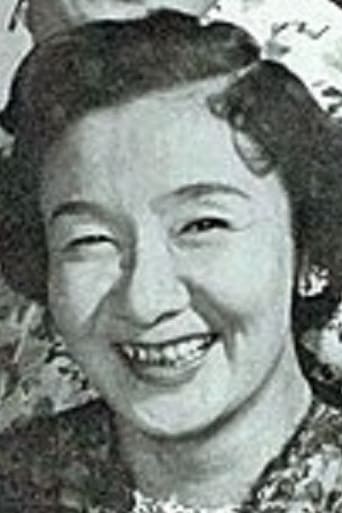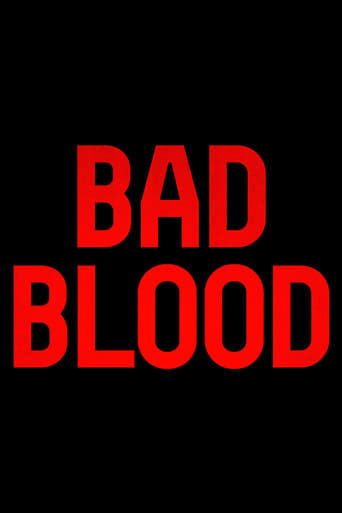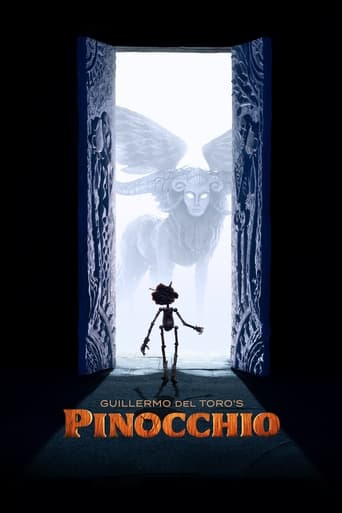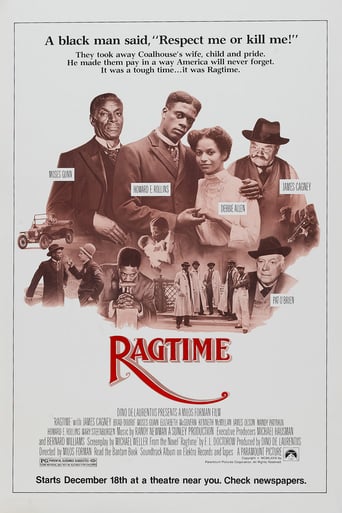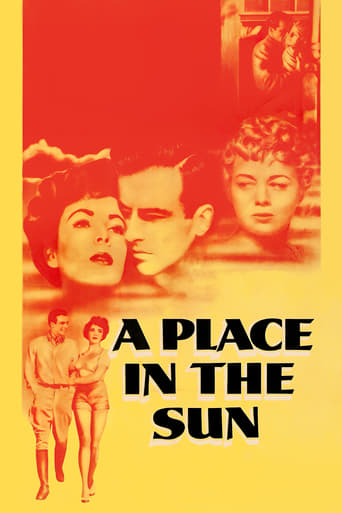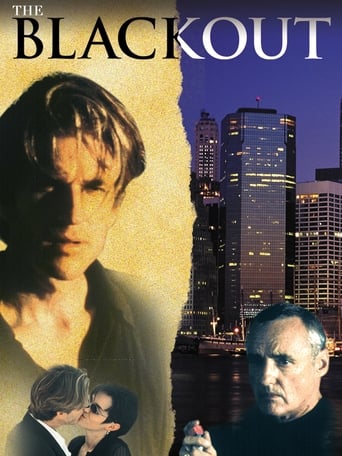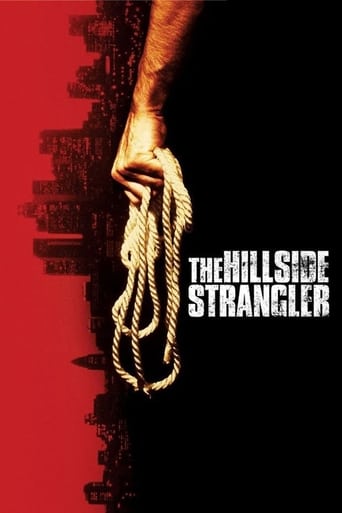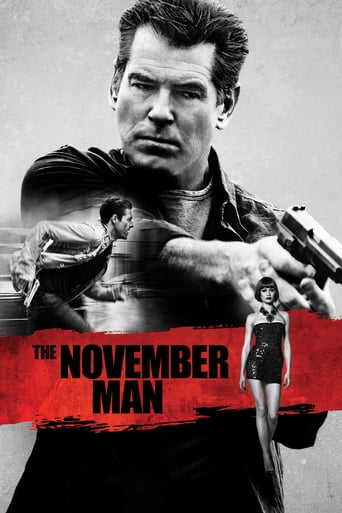Vengeance Is Mine (1979)
A thief, a murderer, and a charming lady-killer, Iwao Enokizu is on the run from the police.
Watch Trailer
Free Trial Channels
Cast


Similar titles
Reviews
People are voting emotionally.
Clever and entertaining enough to recommend even to members of the 1%
Unshakable, witty and deeply felt, the film will be paying emotional dividends for a long, long time.
I think this is a new genre that they're all sort of working their way through it and haven't got all the kinks worked out yet but it's a genre that works for me.
In late 1963 a serial killer and conman Akira Nishiguchi gained nationwide attention in Japan by murdering five people, several of them while on the run from the police. In the late 1970s a book based on his life inspired the master director Shôhei Imamura to use his story as the basis for a cold crime film titled Vengeance Is Mine. The film starts with the capture of the killer Iwao Enokizu (Ken Ogata) and advances non-chronologically, depicting the detectives interviewing his family and former lovers and how Enokizu first came to know them. Particularly the muted relationship of Iwao's wife Kazuko (Mitsuko Baisho) and his Catholic father Shizuo (Rentarô Mikuni) is paid attention to, so is his stay at a brothel-like inn managed by Haru Asano (Mayumi Ogawa) and her ex-con mother Hisano (Nijiko Kiyokawa). The scenes ranging from Enokizu's childhood to his time in death row cast light on what kind of man he is, but avoid serving easy, clear-cut explanations of his inner motives.Imamura has taken an unspectacular, down-to-earth approach to his enigmatic subject. Some techniques, such as identifying the victims' names and causes of death by subtitles, are not far from the style of documentaries. While some of Enokizu's killings take place off-screen, the depicted murder scenes are not softened by turning the camera away or fading to black, making especially the sexual violence hard to watch for sensitive viewers. Still, Vengeance Is Mine is more of a character study than a crime thriller, as in the latter parts of the film the detectives' role is diminished and the focus turned to Enokizu. He is portrayed as having been belligerent and self-confident from young age, soon blossoming into a full-blown psychopath to whom other people's feelings are of little concern, as exemplified by his cruel psychological treatment of his family. Even if Iwao's basic nature is inherent, it could be possible that the suppressed atmosphere in his parents' home has affected the way he turned out: the deeply Christian father sparks Iwao's hatred for weakness and humility, prompting him to openly mock the lack of action from the family's part when feelings develop between Kazuko and Shizuo.Besides his twisted relationship with his family, another defining element in the film is Enokizu's stay at the inn with Haru, a mistreated woman who has to look after her unreliable mother. Imamura's portrayal of Haru is highly forlorn; to her Iwao's presence represents a possibility of freedom from her gloomy life, even when his past is no longer a secret to her. It is also during this time when the stress of being a fugitive is starting to take its toll on Enokizu; he turns from a self-confident fraudster to a more serene and openly menacing figure, an interesting change as we, the audience, already know him as cocky and carefree from the first scene that has yet to happen in the story's timeline.The very dark lighting in the interior scenes and the slow-paced, detached storytelling will alienate those expecting a suspenseful serial killer thriller, but as a flat-out drama Vengeance Is Mine provides a fascinating trip into the world of the suave killer. Ken Ogata handles the lead role with natural charm, effortlessly fitting in the various roles Enokizu assumes over the course of the film. Rentarô Mikuni also makes a great counterforce to him as the guilt-ridden father, but especially the unlucky women Haru and Hisano are powerfully brought to life by Ogawa and Kiyokawa. The visuals are not as aesthetically striking as in Imamura's earlier masterpiece Unholy Desire (1964), but the mood is so heavily tied to the reality of Japanese society in the 1960s and 70s that the depressing mundanity of the surroundings is never out of place. The only moment rising above the strictly realistic atmosphere would be the very final scene on the top of a mountain: Enokizu's spirit will remain lingering in the lives of those around him. All in all, Vengeance is Mine should not be ignored by any enthusiast of crime cinema, but admirers of slow-burning character dramas are probably the ones to find it the most rewarding.
"I'll never forgive you." "Who the Hell asked you to?" This has been dubbed the "greatest serial killer movie ever made". It's the true story of Iwaao Enokizu from as devout Catholic family who, while posing as a charming university lecturer, went on a 78-day slaughter spree in the 1960s before he was captured, unrepentant to the end. The murders are rendered with protracted verite - comparable to Kieslowski's Short Film About Killing - though are often so slapdash they can seem like the work of a deeply depressed Benny Hill sketch writer. And Vengeance... would be nothing more than a spreadsheet of bestial brutality were it not for Imamura's intelligent approach to its subject (think of this as a Japanese take on Camus' The Outsider) and willful cussedness, exposing a side of society the 'new Japan' would prefer to whitewash over.
I have to admit a little bit of confusion and lack of information as regards the title, but I'm not sure if "Vengeance is Mine" is a mistranslation, or an ironic statement, or if I quite missed the "vengeance" in the movie itself, but I didn't see it. Some arguments could be made that the main character, Enokizu, is taking vengeance out on his family and society, but it could also be argued that he's simply a sociopath.Not that this is a bad movie, nor does the interesting conflict between title and plot really bother me. "Vengeance is Mine" is a striking bit of Japanese celluloid, a movie that lends itself to be interpreted as another bit of excess or schlock, grindhouse or exploitation, but is actually very reserved and considerate of everything it's showing and humble in the slow regard of Enokizu's flee from the law. A lot of this has to do with Imamura's removed camera, which he keeps in the distance of the action so as to fully regard the characters, movement, and space. Time becomes something more like a deductive process than a linear direction, because the movie jumps back and forth through time, sometimes with few real cues, in order to reveal aspects that have to be revealed instead of laying them out chronologically.Meanwhile, "Vengeance is Mine" is full of many of the more internationally popular Japanese cinema concerns such as, namely, post-War occupation and the dehumanization of a culture suddenly confronted with modern times. These concerns had already been visibly explored in quite a lot of Japanese cinema, but here it takes on the nihilistic tone that would become much more prominent in 90s Japanese movies. It isn't all just violence and nihil, though: the ending seems to subvert any real attempt by viewers to dehumanize and ostracize the characters or narrative as some sort of attempt to essentialize the story.--PolarisDiB
Nasty, but fascinating account based on the true story of a deeply disturbed serial killer in early 1960's Japan. But this is very different from most movies of the genre in that it gives no neat psychological explanations of why he kills, or indeed gives any particular moral overview. It has a complex structure starting at his capture and working back and forth from there to his childhood and his murders. Its not an easy film to watch in many ways, but via an excellent central performance it manages to convey the complexity of the killer and the people he meets, including the women who (sometimes) love him, without ever taking an easy narrative or moral option. Perhaps the nearest equivalent movie I can think of is the more recent Korean 'Memories of Murder' which likewise breaks the 'rules' set by western serial killer movies, and as such are far more informative and interesting.

